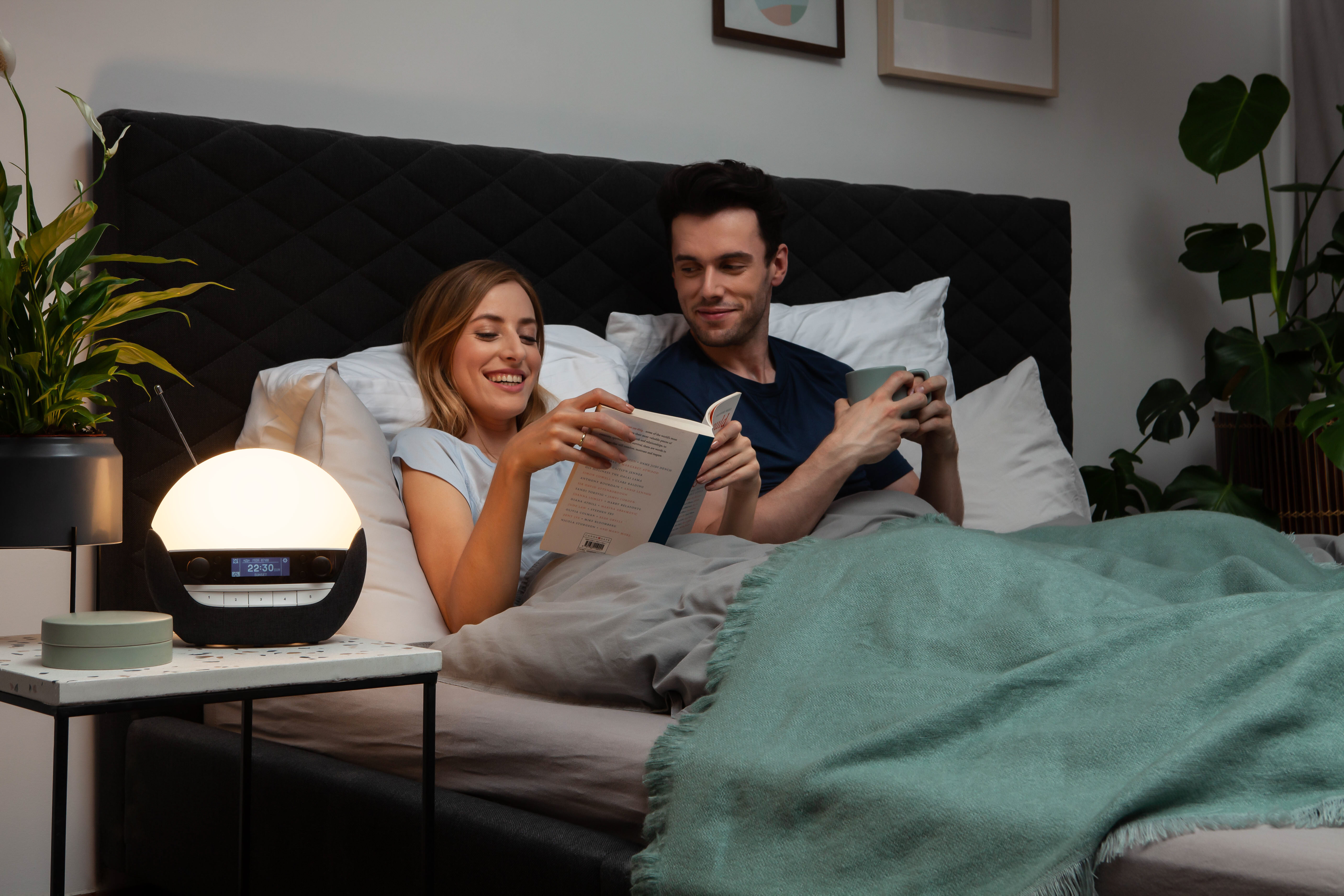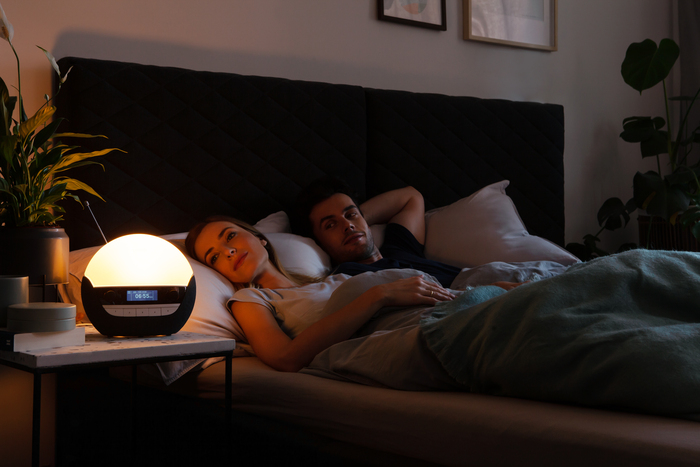Improve Your Sleep for a Better Love Life: Advice from a Sleep Expert

It’s well researched that poor quality sleep can have a negative effect on both our mood and mental health, but studies have also shown how this lack of sleep can be detrimental our relationships. Sleep Expert Stephanie Romiszewski has shared ways we can improve our sleep for better wellbeing – and of course – a better love life.
The key to improving your sleep is to understand that you can’t sleep well all the time! Nobody is getting a perfect sleep each night and that’s completely normal. Research shows we can be bad tempered, impatient, and less tolerant when we haven’t had a good sleep, but we do have a choice when we wake each morning to not let a lack of sleep dictate our day. It is difficult, but go get your exercise, expose yourself to bright light, eat well and socialise. These things can reduce fatigue and boost your mood, changing the way you feel about a bad night’s sleep, and therefore how it affects your relationship.
Who knew that it’s within our power to manage our sleep and overcome how a bad night makes us feel? As with people who get hangry, you can recognise that a lack of sleep is making you feel irritable (and not fun to be around!). So, if you know you don’t behave well after a bad night’s sleep, you can introduce habits into your routine that will improve your mood and support your sleep, such as daily light exposure, waking up at the same time each day, exercising and eating a balanced diet. These are all additions to your routine that can help boost your mood, as well as improve your sleep quality when it comes to bedtime, lessening the impact on your love life!
Studies have shown that there is an associative link between sleep and low libido in both men and women. To put it simply, less sleep = less sex, and desire often comes from you. Start prioritising yourself and doing more of the things that nourish your soul and make you feel happy and content. Most of us have responsibilities that involve other people, or many life distractions, meaning it’s easy to forget about ourselves! Creating a restful bedtime routine doing the things you enjoy (without any blue-light emitting devices) is a great way to implement this ‘you’ time and also improve your sleep. Bring your attention back to the present and stay away from distractions such as your phone or social media. You’ll notice that desire is easier to obtain when it comes from within and not from someone else.
Falling asleep and waking with Lumie Bodyclock sleep/wake-up lights has been shown to improve mood, energy levels, productivity and the quality of sleep and awakening. How does that work? Essentially, our sunrise/sunset simulators can help you with falling asleep and waking through stimulating appropriate hormones with light; fading light is a natural cue for your body to increase production of the sleep hormone, melatonin. Recreating a gradual sunset allows you to wind down completely and feel ready for sleep. The next day you wake up refreshed with a brightening sunrise! With the dawn simulation, before you know it, your body is preparing for the wake-up call by picking up the slowly increasing levels of light though your closed eyelids; that in turn signals your brain to start supressing melatonin and allow for the 'get up and go' hormone to kick in slowly (such as cortisol). As a result, when you do open your eyes, you feel properly awake and much more 'at the ready'.
Stephanie is the Director is Sleepyhead Clinic and you can discover their Sleepyhead Program here.





